ADD is characterized by serious and persistent difficulties in the three specific areas:
Attention Span, Impulse Control, Hyperactivity
How can teachers provide structure and discipline for ADD students?
Children with ADD frequently have difficulty staying in control. Teachers and students often find such misbehaviors disruptive. In order to provide a positive teaching and learning environment, students with ADD need Behavior Modifying structure and discipline:
Enforce classroom rules consistently.
Avoid debating/arguing with the student.
State infraction of rule.
Have pre-established consequences for misbehavior.
Administer consequence immediately.
How can teachers maintain positive communication and provide encouragement?
Positive self-esteem is an important component in enlisting the ADD child's cooperation. Teachers can provide encouragement by:
Monitoring frequency of rewards and negative consequences. Self-esteem is enhanced when AH/HD children experience frequent rewards.
Praise immediately for all good behavior and performance.
Change rewards if they are not effective in motivating behavioral change.
Teach the child to reward himself/herself. Encourage positive self-talk "I did that well." This encourages the child to think positively about behavior and learning progress.
Adolescence and ADD:
During adolescence, an ADD student's normal drive for autonomy can make it difficult in the classroom. Because teenagers with ADD have difficulty following rules and are impulsive, they are likely to have conflicts with teachers and other authority figures.
Their demand for independence is often greater, and as they behave more irresponsibly, they are less ready to handle independence.
School-related academic problems may also increase. Chronic power struggles exist between parents, children, and teachers when a student is not completing his or her work.
Common symptoms of adolescents with ADD include a low frustration tolerance, overly quick reactions, and wide mood swings that may result in explosive anger and arguments.
Coming to terms with an ADD chronic condition can be difficult, particularly at a time in life when being one of the crowd is so important. Teachers can help strengthen the adolescent's self-esteem by encouraging his/her efforts.
Many experts have observed a correlation between creativity and ADD. Discuss with adolescents career and educational possibilities, which are flexible and need "idea" people. Educators and parents can help an ADD adolescent increase self-awareness, coping skills, organizational skills, and social skills to enhance their maturational development.
Learning styles of ADD students:
Generally, learn better with a hands-on approach combined with class lecture.
Need activity time combined with class lecture.
Frequently exhibit messy class work. Teachers can allow computer access for schoolwork.
Difficulty with Memory tasks. Teachers can allow memory aids (calculators).
Difficulty following Verbal directions: ADD students may have difficulty concentrating and completing tasks.
Teachers can:
Repeat directions individually.
Check-in with student. Clarify if necessary.
Ask student to write directions down, and highlight them.
Difficulty with Written Skills: ADD students may have poor fine motor skills. Teachers can allow opportunities to respond orally through:
Dictation of responses.
Use of tape recorders (for homework assignments).
Reduction of writing assignments.
Short answer/multiple choice versus essay questions.
Teacher Support Systems:
Parents: Parents and teachers should coordinate in designing a basic plan for the ADD child to aid academic and social progress. ADD children have unique individual characteristics, modes of behavior, and learning styles.
Discuss the unique needs of your student with the parents - ask questions, get feedback.
Specify academic and social goals. Collaborate with parents to carry out these goals.
Collaborate with parents to carry out Homework Management. Most children with ADD have difficulty bringing homework home, finishing it, and returning it to school. Parents and teachers can:
Review the assignment with the student, and break it down into manageable parts. Reward the child after each part is completed.
Contact parents each time the student fails to turn in assignments. Maintain a daily homework card with consequences at home. Make expectations clear.
Utilize a Feedback Notebook for student's positive and negative behaviors. This notebook can be monitored by parents on a daily basis. Encouragement of positive behavior can begin with incentives such as a point system or star chart.
Encourage parents to provide child with a quite study area free of distractions.
Encourage parents and child to maintain a structured routine at home. Most ADD children need frequent short breaks.
Encourage parents to change/modify positive reinforcers often so that they maintain their effectiveness.
Collaborate with parents to teach the student self-management and monitoring. When supervising homework, parents can use warm praise and privileges until the child begins to manage his/her own behavior and learning.
Professional Consultations: Teachers need a great deal of support in working with students who have ADD. Lack of time in school also limits teachers' opportunities for planning and collaboration with peers, parents, and support personnel. Multi-dimensional treatment for students with ADD requires that teachers have this extra time within the school day, yet in reality, few do. For assistance, teachers can collaborate with parents for:
Educational, psychological, or neurological testing to determine an ADD student's cognitive ability and learning style. Educational testing is recommended to rule out any learning disabilities, which are common in approximately 30% of ADD students.
Teachers can consult with School Counselors. Outreach Concern counselors routinely help students with ADD by collaborating with parents to set up behavioral contracts, academic organization, and school support.
